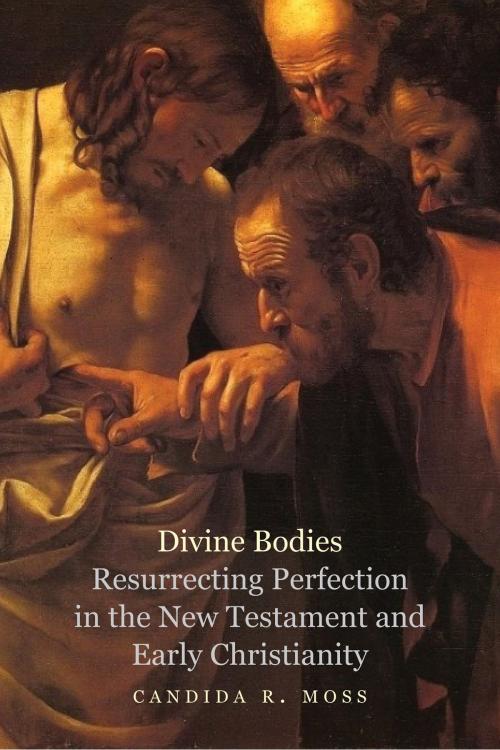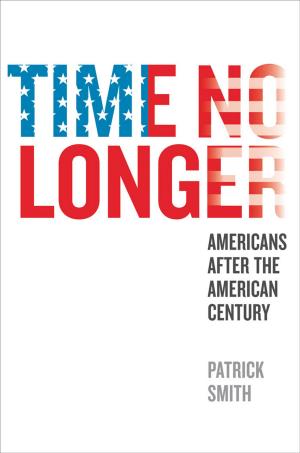Divine Bodies
Resurrecting Perfection in the New Testament and Early Christianity
Nonfiction, Religion & Spirituality, Bible & Bible Studies, Criticism & Interpretation, Theology, Christianity| Author: | Candida R. Moss | ISBN: | 9780300187632 |
| Publisher: | Yale University Press | Publication: | April 23, 2019 |
| Imprint: | Yale University Press | Language: | English |
| Author: | Candida R. Moss |
| ISBN: | 9780300187632 |
| Publisher: | Yale University Press |
| Publication: | April 23, 2019 |
| Imprint: | Yale University Press |
| Language: | English |
A path†‘breaking scholar’s insightful reexamination of the resurrection of the body and the construction of the self
When people talk about the resurrection they often assume that the bodies in the afterlife will be perfect. But which version of our bodies gets resurrected—young or old, healthy or sick, real-to-life or idealized? What bodily qualities must be recast in heaven for a body to qualify as both ours and heavenly?
The resurrection is one of the foundational statements of Christian theology, but when it comes to the New Testament only a handful of passages helps us answer the question “What will those bodies be like?” More problematically, the selection and interpretation of these texts are grounded in assumptions about the kinds of earthly bodies that are most desirable. Drawing upon previously unexplored evidence in ancient medicine, philosophy, and culture, this illuminating book both revisits central texts—such as the resurrection of Jesus—and mines virtually ignored passages in the Gospels to show how the resurrection of the body addresses larger questions about identity and the self.
A path†‘breaking scholar’s insightful reexamination of the resurrection of the body and the construction of the self
When people talk about the resurrection they often assume that the bodies in the afterlife will be perfect. But which version of our bodies gets resurrected—young or old, healthy or sick, real-to-life or idealized? What bodily qualities must be recast in heaven for a body to qualify as both ours and heavenly?
The resurrection is one of the foundational statements of Christian theology, but when it comes to the New Testament only a handful of passages helps us answer the question “What will those bodies be like?” More problematically, the selection and interpretation of these texts are grounded in assumptions about the kinds of earthly bodies that are most desirable. Drawing upon previously unexplored evidence in ancient medicine, philosophy, and culture, this illuminating book both revisits central texts—such as the resurrection of Jesus—and mines virtually ignored passages in the Gospels to show how the resurrection of the body addresses larger questions about identity and the self.















